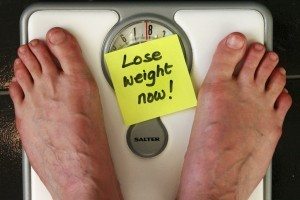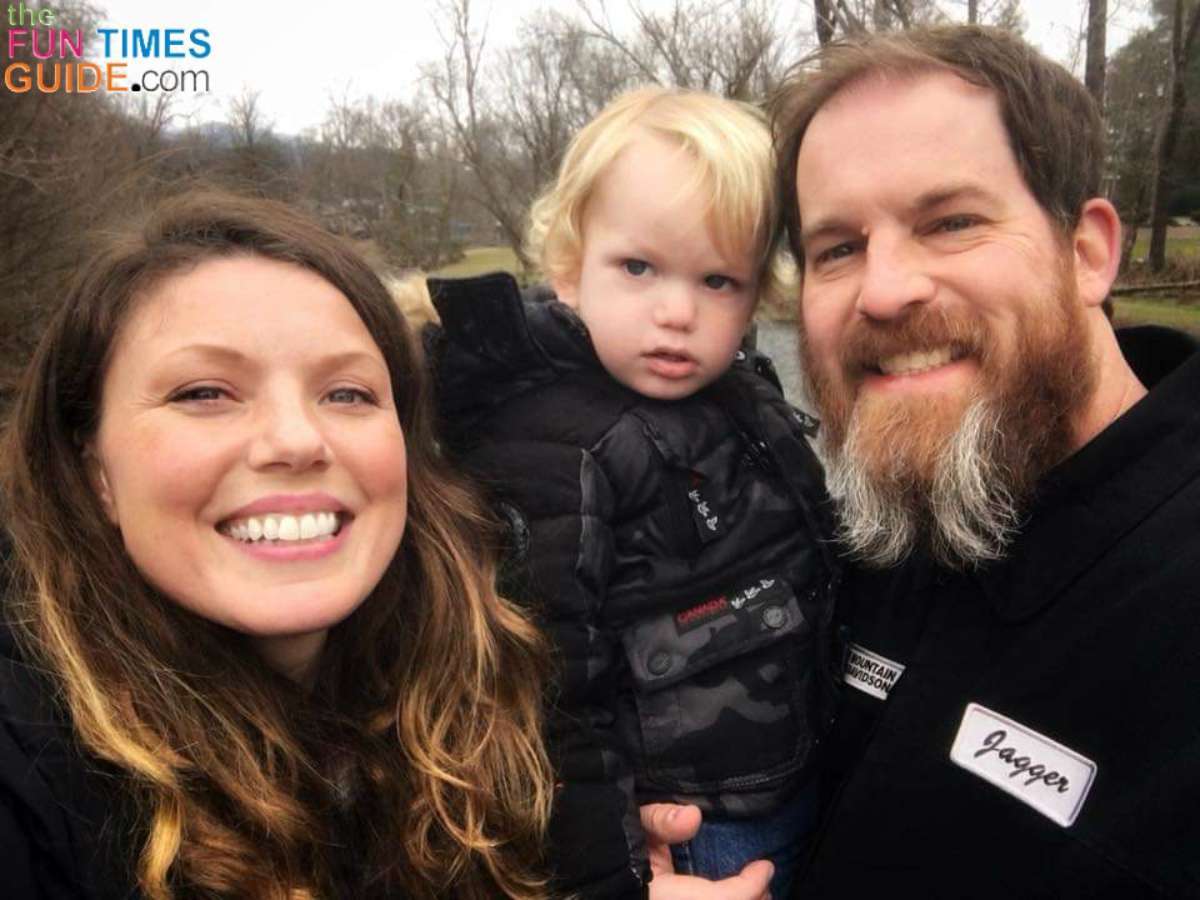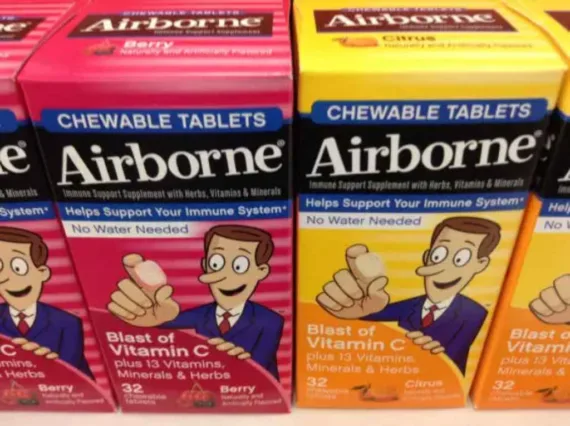 With endless advice on which foods will help you lose weight and which foods you should avoid, it’s hard to know where to begin.
With endless advice on which foods will help you lose weight and which foods you should avoid, it’s hard to know where to begin.
Every year millions of us try to lose weight, but we often don’t succeed because the diet plans are too hard to follow, or we lose focus.
So what does work?
By listening to the latest scientific research, you might stand a better chance of succeeding.
Try the following weight loss methods and you could lose weight more easily than you’ve ever done before.
8 Simple Weight Loss Tips
Tip #1: Eat more soup.
Whenever possible, blend vegetables with some water or stock before eating. Research has shown that eating food in the form of soup can help control hunger if you are trying to lose weight. This is due to the fact that a blended mass of food takes longer to digest than smaller chunks of food, making you feel fuller for longer.
Tip #2: Eat more lean meat, fish, eggs, and beans.
Protein keeps hunger pangs at bay. When you eat, the hormone PYY is released, signaling to your brain that you are feeding. Protein triggers the production of more PYY than any other food type, so eat more protein and you should feel fuller for longer.
Tip #3: Don’t skip meals.
When you have an empty stomach, the hormone ghrelin sends signals to your brain. Your brain compensates by trying to make you crave high-calorie food, whether you like it or not. You can avoid the temptation to eat high-calorie food by making sure you eat 3 healthy meals each day.
Tip #4: Consume more skim milk, low-fat cheese, yogurt, and crème fraiche.
In various tests it has been shown that eating low-fat dairy products makes your body absorb less fat. The consumption of calcium essentially increases the amount of fat you excrete from your body.
Tip #5: Update your dinner plates.
Studies have shown that if you serve your food on larger plates or dishes, you will inevitably eat more. It may sound obvious, but simply reducing your plate size from 12 inches to 10 inches can reduce your consumption of food by a staggering 22%.
Tip #6: Choose low-calorie versions of foods, and avoid calorie-rich sauces.
When asked to record their daily intake of food, most people trying to lose weight underestimate the actual quantity of what they eat. The daily bar of chocolate and cups of coffee can all add up to a daily intake of more calories than you need, and your body stores it as excess fat. So choose low-calorie versions whenever possible.
Tip #7: Start exercising a little more each day.
During exercise your body burns off carbohydrate calories to fuel the body. Once the carbohydrates are used up, your body continues to burn fat calories, even after exercise. In fact, for around 14 hours after moderate exercise your body continues to burn fat, even when you sleep.
Tip #8: Keep to the same diet; just move about a little more.
Small changes can make a big difference. Whenever possible, take the stairs instead of the elevator, or do more housework. Research has shown that a little more activity each day can burn enough calories to help you lose weight.
To lose weight without a huge amount of effort, these tips could help. “Miracle” diets are often too good to be true. Use your common sense. Don’t skip meals, eat a little less, and exercise a little more. You’re more likely to lose weight and not regain it in the future.
photo credit: Alan Cleaver




